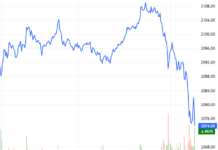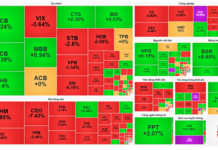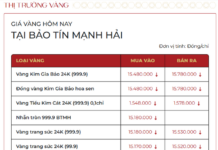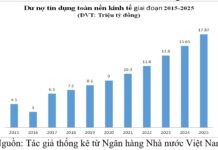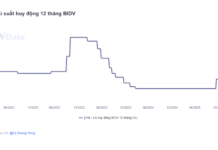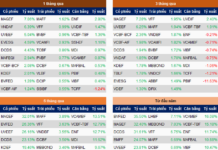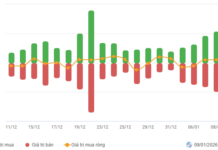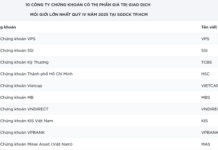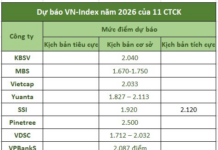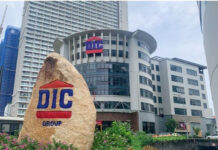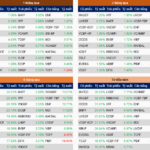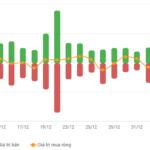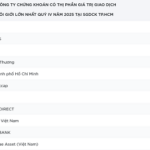From to , the base salary increased from VND 1.8 million/month to VND 2.34 million/month, a 15% pension increase, and a minimum wage rise of VND 200,000 to VND 280,000 depending on the region. This is the most significant salary increase for officials and civil servants in many years.
Along with the joy of a salary increase comes the concern of inflation and potential price hikes. In a statement to the press, the Ministry of Finance affirmed that maintaining macroeconomic stability and controlling inflation have been persistent goals of the Government for many years, and they always employ various solutions to monitor, evaluate, and address these issues in accordance with market dynamics.
A key solution is to ensure the smooth supply, distribution, and provision of goods and services, especially strategic ones. Another is to prepare ahead of time for price management plans for goods and services that are state-priced and public services that are transitioning to market-based pricing. Additionally, they plan to proactively and flexibly manage monetary policies…
 |
With these measures in place, price levels in the first half of the year remained relatively stable. On average, CPI increased by 4.03% in the first five months compared to the same period last year.
The salary increase from July 1st was anticipated by the Government, and to maintain market price stability, the fiscal management agency is focusing on closely monitoring market price fluctuations to advise on policies and management scenarios, especially for essential goods and services that significantly impact price levels.
The Ministry of Finance also proposed that ministries, sectors, and localities proactively prepare price management plans for state-priced goods and services, carefully assess the impact, and make adjustments within their authority or submit them to the competent authority for approval, ensuring they are in line with market movements.
It is important to closely monitor global economic and inflationary trends that may impact Vietnam and develop appropriate responses. Flexibly and effectively utilize price regulation tools and methods as stipulated by law. Stay updated on domestic supply and demand dynamics to provide backup plans for localities to ensure supply-demand balance, prevent shortages, hoarding, speculation, and unreasonable price increases.
For goods with state-managed prices and public services transitioning to market-based pricing, such as electricity, healthcare, and education, the Ministry of Finance will continue to closely monitor the plans and roadmaps developed by other ministries, providing input for inflation scenarios to inform their advisory role.
Regarding gasoline prices, the Ministry of Finance will continue to coordinate with the Ministry of Industry and Trade to manage prices according to regulations, closely monitor global price movements, and provide feedback to improve the gasoline price management mechanism.
Additionally, they will enhance the implementation and supervision of price declaration and listing measures, ensure price-related information transparency, organize inspections, and promptly detect, rectify, and address limitations and violations, strictly handling any illegal acts.
MINH TRÚC
Propose adding a bad scenario script to “shock” the economy
In addition to the positive economic growth scenarios for 2024, Vietnam needs to prepare for negative scenarios to enhance its ability to cope with unexpected shocks.

